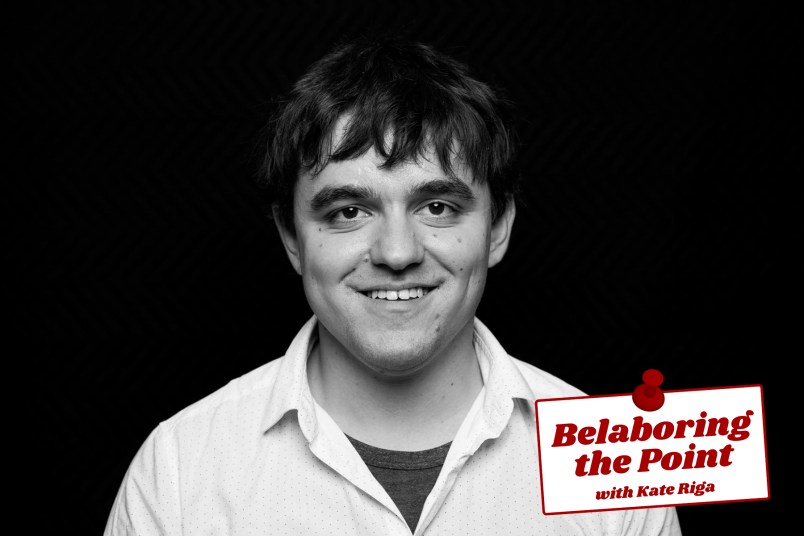TPM Reader BF on Israel, the Israeli right and looking over the horizon …
Putting the Palestinian issue front and center was, I think, a predictably sound political gambit by Bibi. As you’ve pointed out, recent defections from the right coalition on this issue have been about the realization that the status quo is not sustainable. But that is very forward looking, and as a practical matter it is easy to see why many Israelis would be making a judgment not on whether the status quo is sustainable, but rather whether the status quo is better than situations they’ve lived with in the past.
But there are presumably forward looking people in the Likud who are not just thinking about the present, but about the future, and it is their perspective I admit I don’t understand. What is their endgame? Does the status quo persist forever? How can they believe that is credible given the ever-growing international frustration with Israel? Do they think the EU will suddenly change its direction for instance? How do they think they can live in a world where Israel is subject to boycotts, trade sanctions, divestment, etc? Where Israeli leaders cannot leave the country — other than to go to the U.S. — because of ICC indictments? Do they think that, as Fred Kaplan writes in his Slate column today, that at some point the Palestinians if beaten down sufficiently will just give up their national aspirations? And even if so, then what? Is the idea that God will provide?
I mean, there must be people out there making coherent, logical arguments in support of something like Bibi’s declaration that he will never allow a Palestinian state. We might disagree with them, but frankly I don’t even know what the argument is. The argument we do hear is that concessions will simply result in the establishment of a radical Islamist regime in the West Bank. Okay, fair enough. But what does buying time provide? What makes them think this issue will be easier to resolve in 20 or 30 years than now? And why do they think they can survive increased international isolation over that time frame?
As I told BF, I was working on a post on related questions this morning. And perhaps with the mojo of last night emanating into my fingertips I actually erased the copy and then didn’t have the heart to start writing again. There’s no rational argument that the current status quo is sustainable. Any argument to the contrary is a mix of denial, inertia and political self-interest sustained by the bubble of US diplomatic protection.
It’s equally true – if we look at it realistically – that the idea that it’s too late for two states is false. There is so much historical, political and emotive baggage tied to this strip of land and these two peoples that many people have a hard time focusing on the same laws of political gravitation that apply everywhere else. It only looks that way if you imagine people are never forcibly removed from places they live – for Palestinians and Jews, a very quaint assumption. There will be two states because there are too many people on both sides who will never leave; there is no way both will live together in a common, equal polity; and the current situation will lead over time to diplomatic isolation and economic asphyxiation. It will happen. There will be two states. The only question is how much damage and destruction is incurred along the way.







